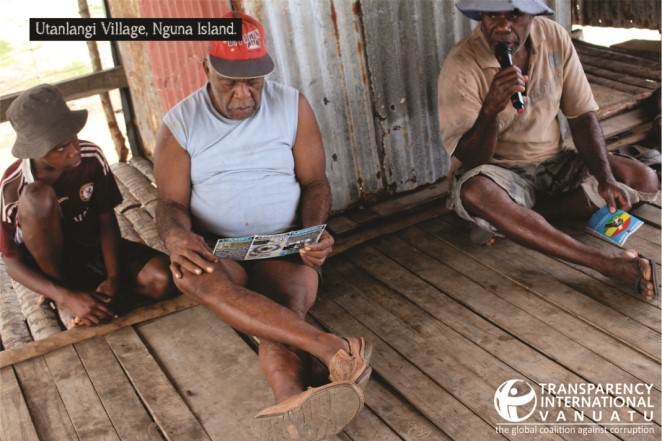
SYDNEY: (International Federation of Journalists / Pacific Media Watch): The International Federation of Journalists (IFJ) joins its affiliate, the Media Association blong Vanuatu (MAV), in commending the recent passing of a Right to Information (RTI) Act in Vanuatu.
On November 24, 2016 the Vanuatu Parliament unanimously passed an Act tabled by Prime Minister Charlot Salwai on the right to information.
The Act will provide for the guarantee of the right to information of all persons in Vanuatu.
The MAV described the RTI as “a ‘home-grown’ RTI – a major development and achievement not only for Vanuatu’s growing media industry but for the Vanuatu government also”.
In a statement, MAV said: “MAV understands that it takes many years for some countries in the world to have RTI. However, MAV is so grateful that the government can acknowledge the very important benefit of RTI and to provide all the necessary support for it.”
“This newly passed legislation will enable the people of Vanuatu access to government information, except information that is classified as ‘state secret’.
“It will also help government officers to keep records of government information… that [will] empower people to make decisions in the future so they can actively participate and contribute effectively to the development of the nation.”
In the lead up to the drafting of the Act, nationwide community consultations were conducted by Transparency International Vanuatu (TIV) to inform citizens of the Act and how it would impact on society as a law. TIV spent a year hosting public forums about the RTI policy in communities and schools throughout the islands of Vanautu, encouraging people to ask their MPs to vote for the Act.
The IFJ said: “The passing of the RTI Act in Vanuatu is a significant milestone in this country’s history. Public access to information is crucial for democracy. Enshrined in law, this will ensure that the Vanuatuan media will be able to report more accurately and responsibly on government activities, and that the public will be better equipped to engage in democratic processes.”
This work is licensed under a Creative Commons Attribution-NonCommercial 3




